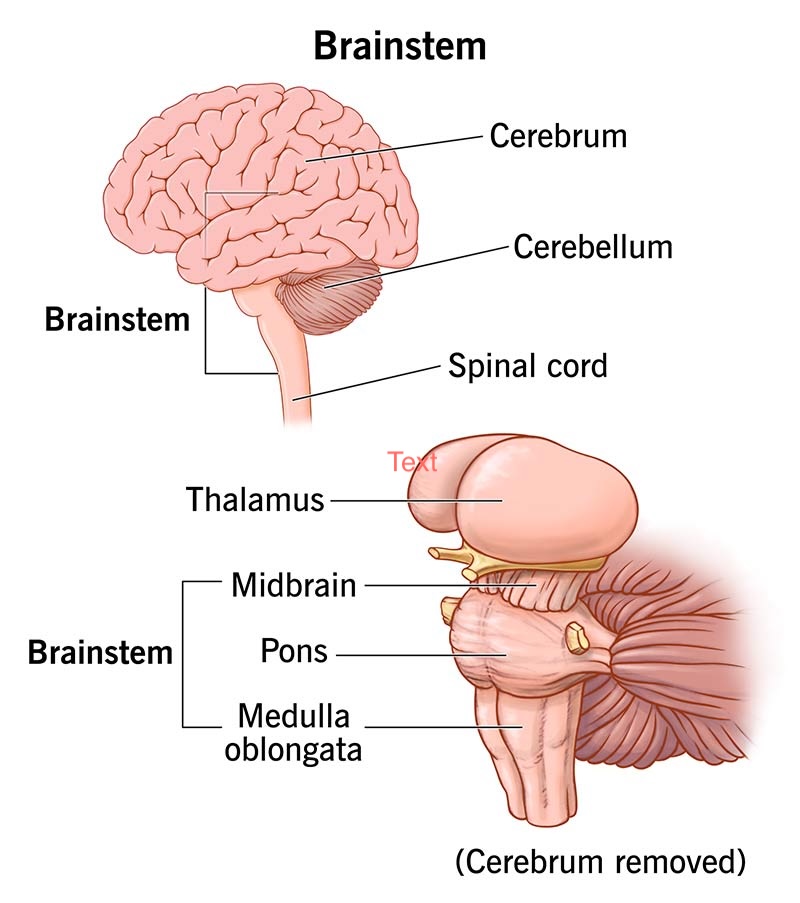Understanding Your Body's Vital Functions
The Essential Role of the Respiratory System
Explore how your respiratory system works tirelessly to keep your body energized and healthy by efficiently managing oxygen intake and carbon dioxide removal.
The Respiratory System: A Pillar of Health
Breathing and Gas Exchange: A Step-by-Step Guide
Step 1
Inhalation: The First Step
Oxygen-rich air enters through the nose or mouth, where it is filtered, warmed, and moistened before traveling down the trachea and into the bronchi and bronchioles.
Step 2
Alveoli: The Site of Gas Exchange
Within the lungs, air reaches the alveoli, tiny sacs where oxygen diffuses into the blood and carbon dioxide is expelled from the bloodstream.
Step 3
Exhalation: Completing the Cycle
Carbon dioxide, a byproduct of cellular respiration, is expelled from the body as we exhale, completing the breathing cycle and maintaining the body’s balance.
Oxygen Transport Features
Oxygen transport is a vital process that ensures cells receive the oxygen needed for energy production. This feature highlights the efficiency of hemoglobin in binding and releasing oxygen as required by the body.
Hemoglobin's Role
Hemoglobin, found in red blood cells, is crucial for oxygen transport, binding oxygen in the lungs and releasing it in tissues.
Efficient Gas Exchange
The alveoli in the lungs facilitate efficient gas exchange, allowing oxygen to enter the bloodstream and carbon dioxide to be expelled.
Circulatory System Support
The circulatory system, including the heart and blood vessels, ensures oxygen-rich blood reaches all body tissues efficiently.
Cellular Respiration
Oxygen is essential for cellular respiration, a process that produces energy by breaking down glucose in cells.
Breathing Regulation

The Brainstem's Role
Respiratory Health Statistics

Understanding respiratory health is crucial for overall wellness. Here are some key statistics that highlight its impact:
- Percentage of oxygen transported by hemoglobin in red blood cells. 90%
- Percentage of lung capacity used during regular breathing. 80%
- Percentage of carbon dioxide transported as bicarbonate in the blood. 70%